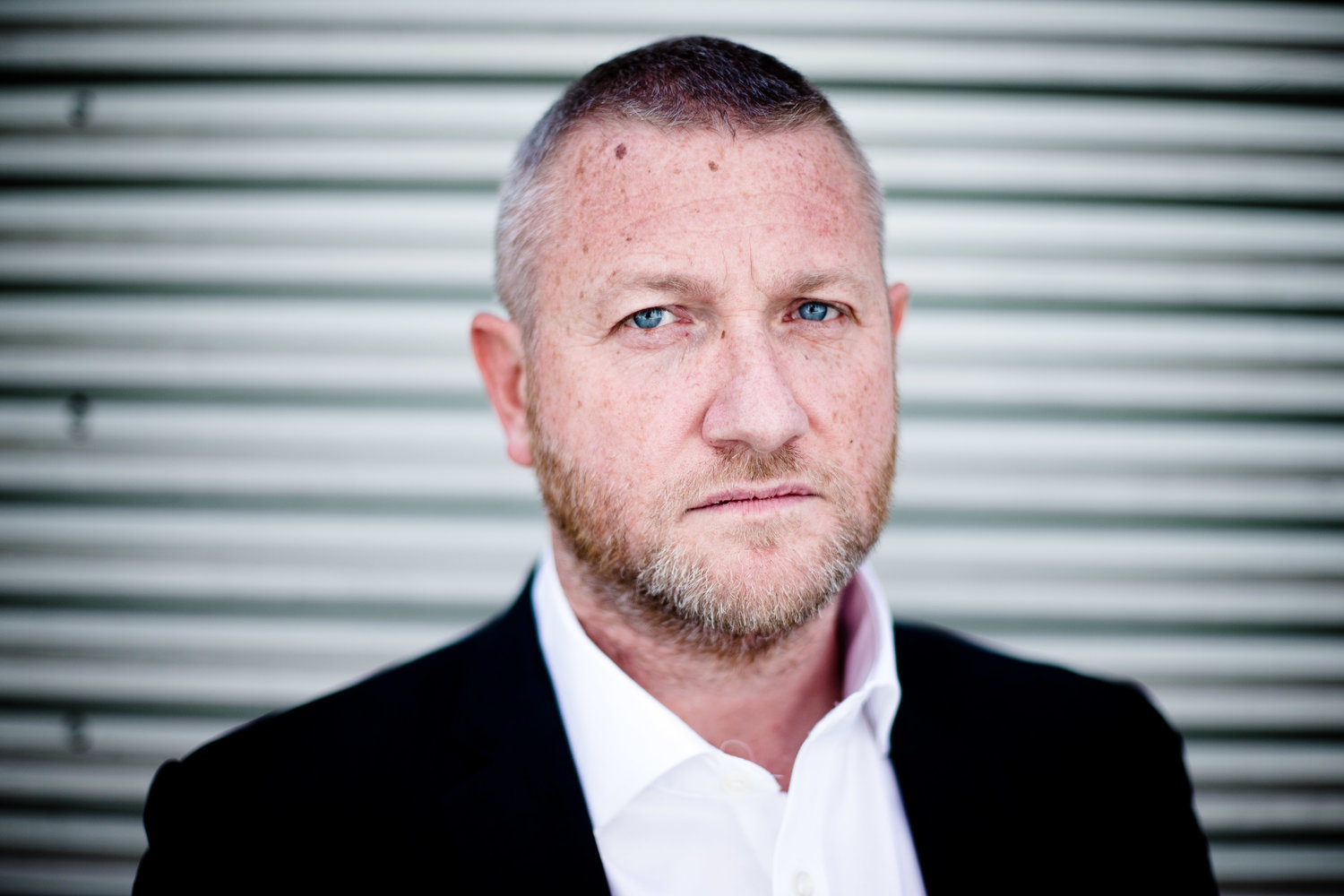NEW YEAR’S EVE TERROR THREATS: Ignorance is bliss?
In the run up to New Year’s Eve, there was a lot of talk in the media about possible European attacks linked to IS and other terror groups. Some of that intelligence appears to have been shared in Austria. Other threats are less clear. None of these threats have so far turned out to be ‘real’ - and I use that word loosely.
At 10.30pm on 31st December, police in Munich began evacuating train stations and telling people to avoid crowds. I'm sure this ruined many people’s evenings. This in itself is exactly what terror groups want; people living in fear of constant attack.
German police claim they were given up to seven names of Iraqi and Syrian origin who were seeking to carry out a terror attack. They have no idea if these names are real or not.
Whilst working in the Anti-Terrorist Branch, I was first introduced to the world of secret intelligence and terrorism - and I remember being in awe of it. I remember feeling how incredible it was to feel like my fingers were on the pulse of what was 'really' going on in the murky world of extremism, espionage and terror.
I worked closely with both the British Security Service (MI5) and the Secret Intelligence Service (MI6). One colleague, Matt, (not his real name) who worked at MI5, became a good friend.
One day, over coffee, he told me that he'd decided to leave. I was really surprised because he never gave any indication that he disliked his role. He told me why he'd decided to go: “I want to be ignorant of the threats. I can’t bear being plagued by the knowledge of what might happen any longer. It keeps me awake every single night.”
The world of terror intelligence is quite simply awash with possible threats of attacks. That is what our intelligence services do; they hunt for people talking or communicating about attacking other people or places. The result of this is a perpetual world of terror, where at any moment one of those people might go from talking about it, to doing it.
When I first became aware of how often some talk about terror attacks, it scared me to death. Over time you realise that the vast majority of these people will never actually move past discussing it, but the fact they are discussing it can seem terrifying at first.
Capability to carry out an attack is often what stands between most of these people. That's where monitoring and threat assessment both come into play.
There are also some countries’ intelligence services who give false intelligence to others. Even our allies, particularly those in the Middle East, are involved in this politically motivated obfuscation of our intelligence systems - knowing full well that there is no way of checking the veracity of this type of alleged threat.
Some years later, after Matt had left, I realised that ignorance was actually bliss in many respects.
Germany are not part of any air attacks in Syria or Iraq. Why would IS target them? I can't help but feel that the origin of this threat might have been someone with an agenda toward the German stance of refugees. But who knows?
That brings me to the question: How much of this uncheckable and unverifiable intelligence is it fair and necessary to share with the public? Clearly we have to keep the public safe, but how many people’s New Year’s Eves across Europe were spoiled by these unverified terror threats?
The terror threat has changed little in the last ten years. It is a constant. Do we really want to be 'in the know' the whole time?
Maybe Matt had the right idea?













